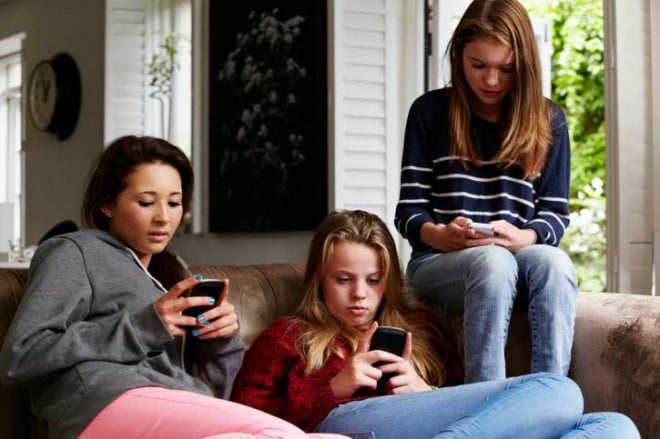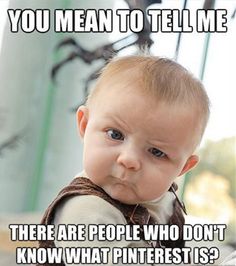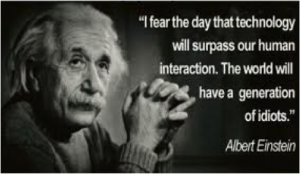 How the Internet might be helping (or hurting) the Theater Business
How the Internet might be helping (or hurting) the Theater Business
For many people the experience of going to a theatre production is a commonality. Most of us have bought a ticket (maybe complained about the price), got dressed up, and found our seats in the semi-darkness. We have sat through good shows and/or bad shows, and may have felt an emotional connection to the main character, theme, plot, etc. This experience is one that some

When our generation is discussed by the one before it we are admonished for our obsession to technology. I have heard it said that the experience of living in the present is lost to those who find their phone more important. I have heard that because of our technology, the average attention span has greatly decreased. Going from 12 seconds (in 2000) to 8 seconds (2013), which makes us 1 second below a goldfish. It seems almost impossible that we would be able to sit still and attentive through a rendition of any Shakespeare production.
 I cannot dispute this statement in many cases. There have been times when people have missed out on a moment because of their distractions. But I also feel that it is not as dire as many have said. This generation is not one of just tech-zombies, although there may be some around today. People are still able to connect, have moments, make memories, etc regardless of phone use. One of these experiences is going to the theatre.
I cannot dispute this statement in many cases. There have been times when people have missed out on a moment because of their distractions. But I also feel that it is not as dire as many have said. This generation is not one of just tech-zombies, although there may be some around today. People are still able to connect, have moments, make memories, etc regardless of phone use. One of these experiences is going to the theatre.
 Before the spike of technology, theatre was one primary source of entertainment. Since then it has stayed a pleasure, but has become a lesser part of the entertainment world. Some blame this on the smart phone generation. They believe that our generation has departed from the value of the theatre arts and, because of this, it is a dying business. After all how can it survive among all of the special effects, photo shopping, special filming, etc that we consume and expect today. Theatre cannot truly be experienced unless it is done in person, face-to-face with the performance. This complicates things in a society that is used to quick blurbs and easy shares.
Before the spike of technology, theatre was one primary source of entertainment. Since then it has stayed a pleasure, but has become a lesser part of the entertainment world. Some blame this on the smart phone generation. They believe that our generation has departed from the value of the theatre arts and, because of this, it is a dying business. After all how can it survive among all of the special effects, photo shopping, special filming, etc that we consume and expect today. Theatre cannot truly be experienced unless it is done in person, face-to-face with the performance. This complicates things in a society that is used to quick blurbs and easy shares.
How do we make theatre a priority today, to this generation, to the next?
I have found that it may not be necessary to do this. Even in small school productions there is still an audience. We may not need to make it relevant, because theatre is timeless. The older generation should look at the phone usage as an advantage, not a problem. We are able to find productions online and search for locations, ticket prices, and critical writings about the production in an instant. This ability can help the theatre business stay prevalent and alive.


 her things I found important in my life. I felt my control slipping a little bit as studying became less of a priority.
her things I found important in my life. I felt my control slipping a little bit as studying became less of a priority. o people that may not have been as accessible as before.
o people that may not have been as accessible as before. In many cases both parts of this question are valid: Are we a generation that no longer has the attention spans to study efficiently? Or are we a generation that has so many more opportunities based on the connections we make through these sites?
In many cases both parts of this question are valid: Are we a generation that no longer has the attention spans to study efficiently? Or are we a generation that has so many more opportunities based on the connections we make through these sites?